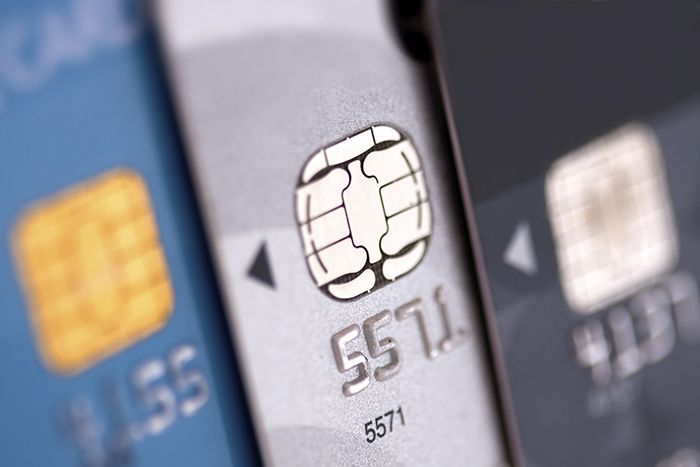The majority of people who wind up needing the services of a bondsman are first time offenders who have no experience with the bail process. So they usually have a lot of questions. One of the more common questions people ask is “Can I post bail for myself or my loved one using a credit card?” In a growing number of cases the answer is “yes”. But it’s not always cut and dry and there are some impassioned voices that argue against the use of credit cards, particularly right inside the jail.

Securing Bail or Bail Bonds with a Credit Card
The difference between someone spending the night in jail in Adams County, Broomfield County, Weld County or Denver or being released might come down to whether they have a credit card in their pocket. That’s because an ever-increasing number of jails are accepting credit card payments for bail.
That’s right. A growing number of jails nationwide now allow arrestees to swipe their way to freedom using their card. In addition, even if the person who has been arrested doesn’t have sufficient credit to make bail their loved one may be able to gain their release by showing up at the jail where they’re being held and swiping their card.
As far as the legal system is concerned it’s the same as any other type of bail payment. The government gets its money, the defendant gets their freedom. The person whose card was used will often be assessed a transaction fee but that’s it. Swipe the credit card, obtain a release key, walk out of jail.
Alternatively the loved one may be able to secure a bond with a bail agent by using their credit card. The process would work more or less the same except the loved one does not go to the jail directly but rather to the bail bonding office where they use their credit card to secure the bond. In some cases the credit card can be used to pay the non-refundable fee and other assets used as collateral to secure the bond.
Is it the Right Thing to do?
Just because you can do something doesn’t always mean you should. And using a credit card to obtain bail is a good example. While there are plenty of jails out there that think it’s the smartest invention since the bicycle there are plenty of dissenting voices as well that point to a rash of potential drawbacks to swiping your way to release.
For example: some jails tack on a fee for credit card transactions. What that means is that if the bail is set at $2,000 and you use a credit card to pay you may wind up paying $2,050 or $2,100 instead when the fee is factored in. That fee goes to a separate processing company the state uses to handle such transactions. In effect adding yet another player to the bail process.
Also, since bail is considered a type of cash advance by credit card companies you may well pay a higher interest rate on this type of transaction. Sometimes as high as 25 percent or higher. Many people are unaware of this hidden cost when they take out their card at the jail.
Not Everyone Thinks it’s a Good Idea
States, counties and municipalities tend to love the idea of people being able to obtain bail by swiping their credit card. After all, it potentially cuts down on the amount of time a person spends in detention. And shorter detention times mean lower detention costs. The person doesn’t need to be fed, doesn’t use toilet paper and doesn’t need to be supervised. All things that ultimately cost the taxpayer money. There’s also less chance they may have a medical emergency while in custody. Another potentially big cost for taxpayers
Professional bail agents however, see things a bit differently. To them, having credit card processing capabilities in the jail allows people to bolt quickly and also enables states, counties and municipalities to shirk some of their responsibilities.
In some cases a person’s true nature does not come to the fore until they’ve spent some time in supervised detention. For instance, it may become obvious during the course of a night in custody that a particular defendant requires psychiatric evaluation or that they shouldn’t be released without an ankle bracelet. Or that they need alcohol or drug counseling. By simply allowing anyone to swipe their way out of jail immediately we may be allowing truly dangerous people back on the street without knowing it.
There’s also the possibility that someone who swipes their way out of jail may later dispute the charge to their credit card. Also, whereas those who jump bail after using a bail agent will be tracked down by a bounty hunter and returned to custody at no charge to the state, county or city, those who jump bail after using their credit card at the jail are gone. With only a warrant being issued but little or no attempt made to recover them.
The Bottom Line
While it is possible in many cases to use a credit card to secure either immediate release on bail or later release on bond there are risks for all players involved in the process. If you have any questions about the issue talk to the pros at Rapid Release Bail Bonds at (720) 988-8304.